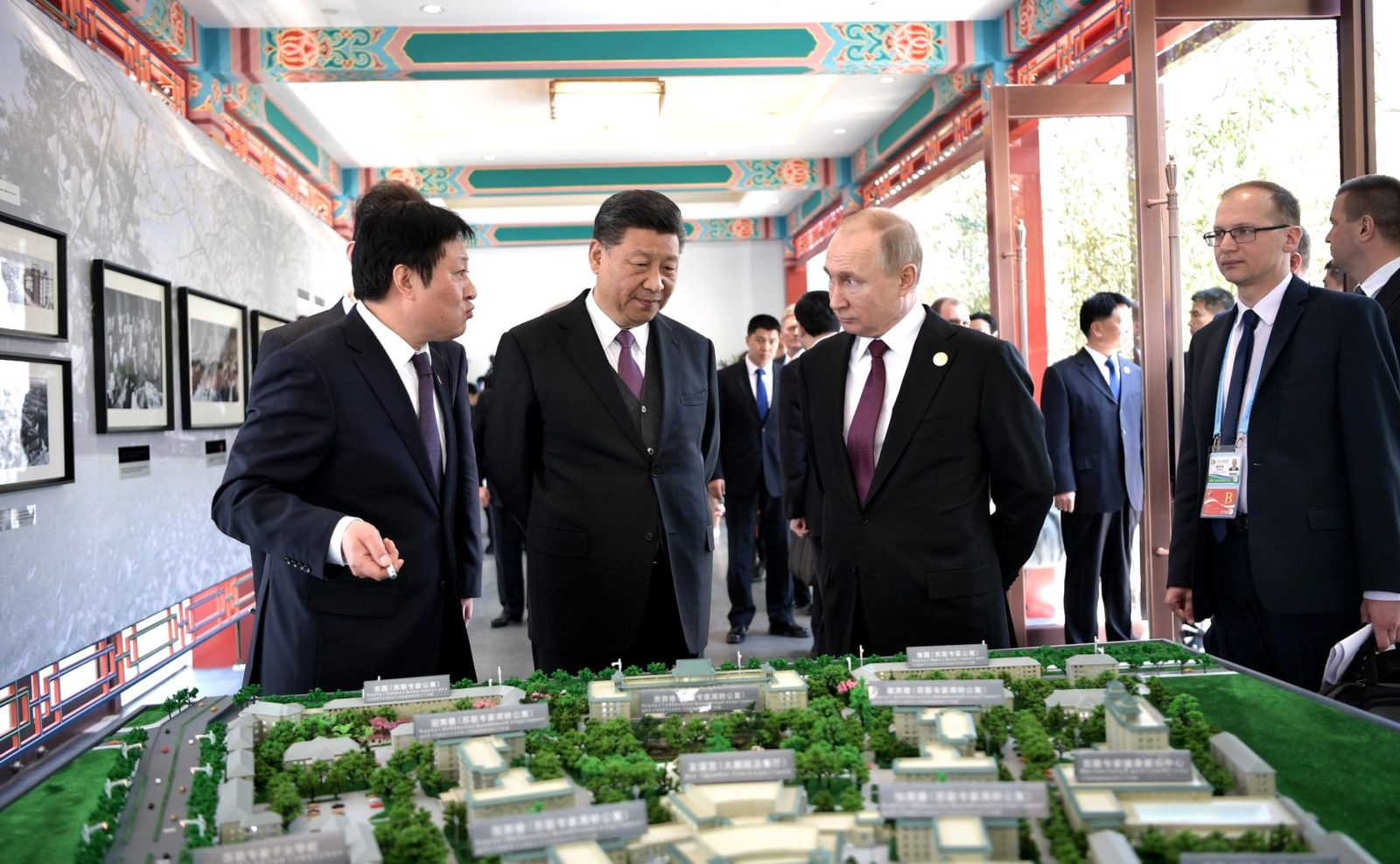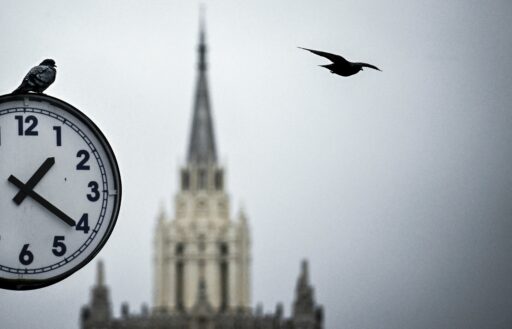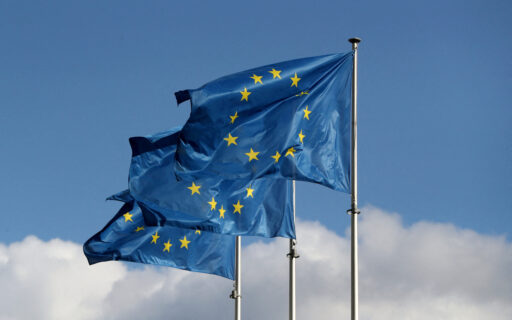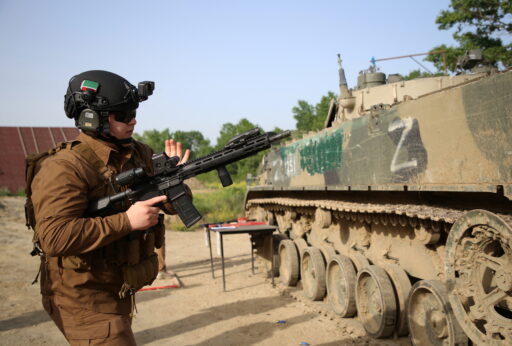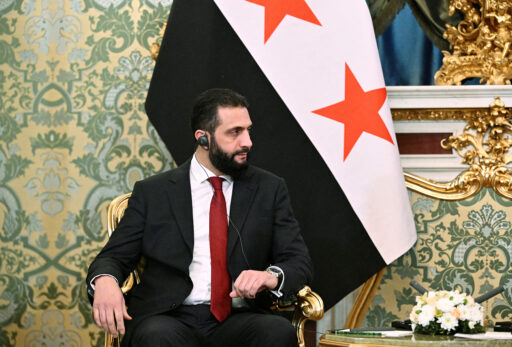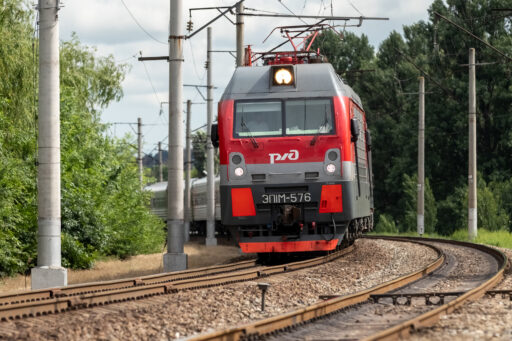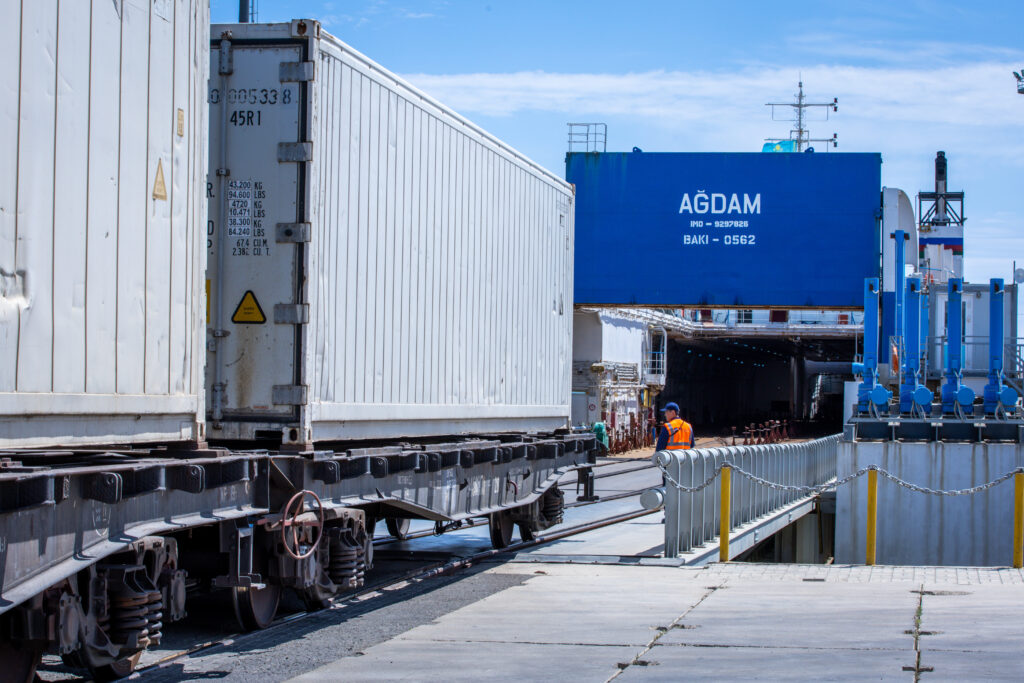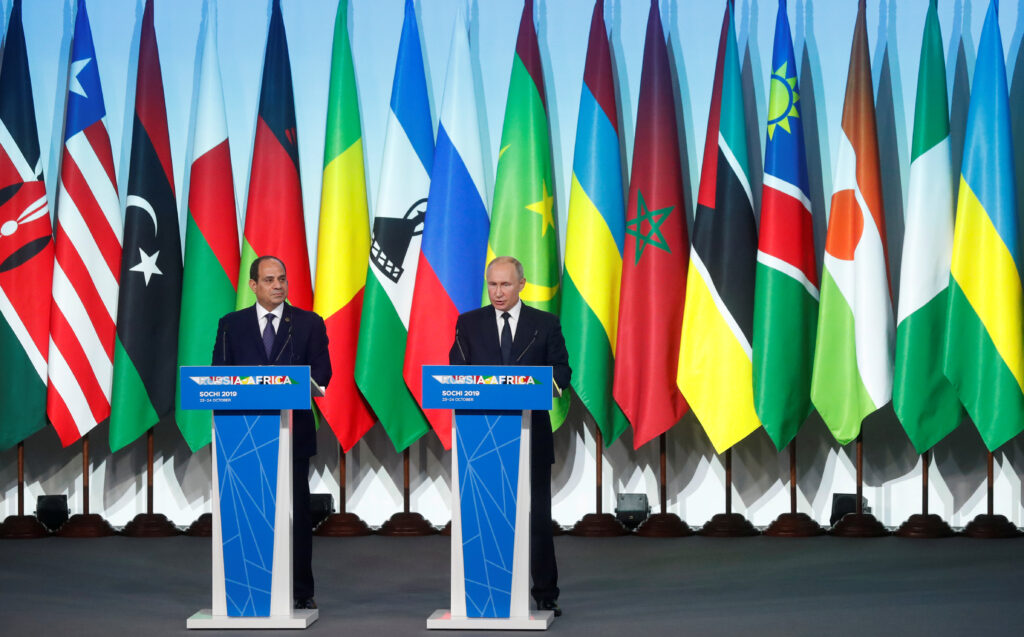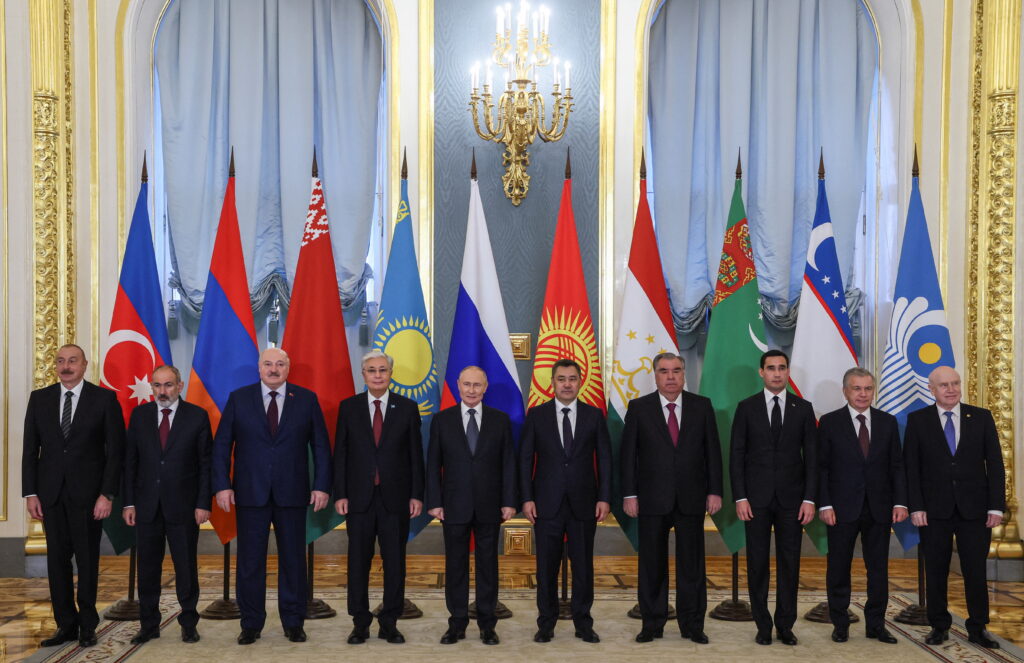In line with Moscow’s declared “turn to the East,” Russian officials have been reaching out to Beijing with the aim of founding a new political and economic alliance. Yet Russia’s elites, much like Russian society, view their Chinese partners with a certain degree of suspicion. In Russia today, opinions are divided about the current rapprochement with Beijing: is it a golden opportunity or a poisoned chalice?
Moscow’s official line affirms the close partnership between the two countries. So close, in fact, that the Kremlin even invited over 3,000 Chinese soldiers to participate to its Vostok-2018 military exercises. At the same time Igor Sechin, one of Russia’s most influential people and the head of state-owned oil giant Rosneft, confessed to the now jailed former minister Alexey Ulyukayev that he did not have high hopes for cooperation with China.
Meanwhile, pro-government experts have warned the Kremlin that the newly strengthened Chinese army, which has not fought a war for several decades, is now eager to gain combat experience. Of course, Beijing is not directly named as a potential aggressor to Russia. However, Russia has a long tradition of foreign policy realism, on which Moscow always relies when speaking of threats posed by NATO. Leaving aside the question of its analytical merit, this tradition requires that the Russian authorities also recognise the possibility of a military threat from the far East.
But what of Russian society? According to the Levada Center, Russians take markedly different views of the Chinese state and its population. While Russians take a warm view of the People’s Republic of China, considered a friend to Russia, they are decidedly less positive about the Chinese people. This suspicion of the Chinese “other” can be easily explained by the widespread fear that sparsely populated regions of Siberia and Russia’s Far East could become a magnet for mass immigration from China.
There are reasons for these attitudes. In decades and even centuries past, Russia was keenly aware of its military, and technological superiority over China. But in the 21st century, those ideas were dispelled. In essence, Russians simply do not know what to do with their powerful continental neighbour to the East; the first time in history when Moscow has faced such a conundrum.
Interestingly, the idea of a Chinese threat to Russia has strongly resonated, and to some degree been widely accepted, in Europe and the USA. In this version of events, once Beijing throws down the gauntlet to pose an existential challenge, Moscow’s response will force it to abandon its current foreign policy and push for reconciliation with the West. Yet this optimism is far from reality.
Minimal Attractiveness
The fact is that Russia faces no demographic pressure from China at all, let alone a significant influx of migrants from the People’s Republic.

It should be noted that the official figures for migration between Russia and China almost exclusively comprise Chinese citizens. Why is this? Firstly, because most Russians who emigrate do not choose China, but Europe and North America instead. Secondly, emigrating Russians are frequently not accounted for in official statistics, as they do not notify the authorities of their departure nor register with a Russian embassy or consulate. Moreover, the 2010 census, the most recent to be held in Russia, shows only 28,943 Chinese among a population of 143 million. Admittedly, this number could have increased by 2020, when the next census is due to be held in Russia. If it does, it is likely to be due to the growth in Chinese tourist visits to Russia, the rising demand for the services of Chinese businessmen and entrepreneurs, and the increasing number of Chinese students in the country.
In any case, the 2010 census showed that the largest Chinese communities in Russia could be found in the following regions:
Khabarovsk Krai: 3,898
Moscow: 3,222
Krasnoyarsk Krai: 2,439
Novosibirsk Oblast: 1,926
Sverdlovsk Oblast: 1,772
St. Petersburg City: 1,578
These are small figures, and look even smaller when compared with other groups. Take, for example, the Korean diaspora, which has a long history in Russia and is deeply integrated into the country’s economy. Over 153,000 Koreans live in Russia today; 8,015 of them in the Khabarovsk Krai, 18,824 in the Primorsky Krai, and 3,193 in the Novosibirsk Oblast. Even if we assume that not all Chinese citizens permanently residing in Russia are accounted for in the official statistics, their total number will still not exceed a few tens of thousands.
The low interest shown by the Chinese towards Russia is also a probable result of the difficult circumstances of many Russian regions. Many have simply been unable to attract international investment, including business from China. For example, the authorities of the Zabaykalsky Krai recently acknowledged the failure of their their long term plan to attract investors from China. The balance sheet of all foreign direct investment into Russia tells a similar story. For example, in 2017 China (excluding Hong Kong) invested $140 million in the Russian economy; this figure fell to $112 million over the first three quarters of 2018 (data for all of last year were unavailable at the time of writing.) In comparison, Germany invested $470 million in the Russian economy in 2017, and $517 million over the first three quarters of 2018. Meanwhile the USA invested $495 million and $370 million over these respective periods (in the context of renewed confrontation between Moscow and Washington and sanctions against Russia.)
So it turns out that even fears of “peaceful” Chinese expansion into Russia have no basis in fact. The last decade has seen economic stagnation, political unpredictability and the strengthening of an institutional environment which is toxic for business. All of the above have played their part in keeping many foreign investors away from Russia. Thus the Chinese prefer to trade with Russia rather than take on the risks associated with investment or immigration. In 2018 the two countries’ trade turnover reached $107 billion, of which $59 billion comprised Russian exports. Trade with Russia made up less than 2.4% of China’s total foreign trade ($4.5 trillion), while trade with China made up 15.6% of Russia’s total foreign trade ($687.5 billion.) Given these realities, Beijing’s political interest in Moscow remains limited.
A Political, Not A Military Challenge
At first glance it might appear that huge, wealthy China poses a real threat to Russia’s security. However, in this context it is not the balance of military power which matters, but how and when it is used.
Securing the border with Russia is the responsibility of the Northern Theatre Command of China’s People’s Liberation Army (PLA). This formation includes three combined army groups, several air force and naval formations, and three brigades of rocket forces. The total number of these troops is estimated at 200,000. However, their main tasks do not concern Russia at all: the forces of the Northern Theatre Command are most likely to be called upon to ensure China’s security in the event of problems with North Korea, and to protect ports and industrial centres in China’s northeastern provinces.
In 2017, during a time of rising international tensions around North Korea, Beijing put 150,000 of its soldiers on high alert. This figure is probably close to the maximum number of combat ready troops the PLA’s Northern Theatre Command can field in potential military operations. One closer assessment of how troops in the region are deployed concludes that it would be very difficult for Beijing to use its Northern Theatre Command in military operations against Russia; its main military bases and airfields are located too far away from the Russian border.
Furthermore, since the 1930s the transport, industrial, and military infrastructure of Russia’s Far East has developed in such a way as to render any attempt at an intervention meaningless. The Bolsheviks had learnt from the experience of the Japanese occupation of Vladivostok after the First World War; they had to fight to establish control over the region. After the Kremlin’s disputes with Mao Zedong, which resulted in armed clashes along the Ussuri River in the late 1960s, military preparedness in the Far East became an end in itself and continued right up until the collapse of the Soviet Union. Today the Russian authorities are trying to optimise and partially modernise its capabilities in the region to the best of their abilities. However, to a large degree this region, with its complex geography and doubtful investment potential is not needed by anyone save Russia.
There is only one hypothetical scenario in which the People’s Liberation Army could enter Russian territory, and that is serious political turbulence within Russia which requires external intervention to resolve. In all other scenarios, Beijing would refrain from taking on significant international risks and the attendant political responsibilities. On the whole, what China needs is a predictable neighbour who can be counted on to not join any anti-Chinese coalition. Today’s Russia satisfies that requirement.
Despite all the above, it can still be said that China represents a threat to Russia in the longer term. In recent years, Beijing has secured itself a long term supply of resources from Gazprom and Rosneft. Furthermore, China is gradually entering the Russian telecommunications and transport sectors and will hardly stop there. If Russia were to successfully develop, creating conditions for the long term accumulation of capital and a strong business community, these developments would not represent any risks. But this is not the case, and it is worth remembering the engorged role the Russian authorities play in the country’s economy to understand why. According to data from the Russian state anti-monopoly service, state-owned companies (both de facto and de jure), make up to 70% of the country’s GDP. They are, of course, highly dependent on the Kremlin. Bearing in mind Moscow’s current foreign policy trajectory, this negatively effects Russian competitiveness when compared to large Chinese companies. In order to show the world the success of its “turn to the East,” Moscow must be ready to create preferential conditions for the latter in order to compensate for its own economic unattractiveness.
Even a comparatively modest partnership with Beijing provides dividends for Moscow compared to the more difficult prospect of reconciliation with the West. The goal of this approach is simple: consolidation of Russia’s existing political system. The fact is that China does not care about Russia’s domestic politics; neither how it is ruled nor who rules it. Beijing works with authoritarian regimes throughout the world, and always supports the current government. As a result, with some small Chinese efforts, the Russian authorities are voluntarily moving towards a “soft dependence” on the People’s Republic, thereby reducing the prospects of a relatively painless political transition. In the event of a serious military and political crisis in the Asia-Pacific Region, Moscow will be unable to back the West, despite having secured no real alliance with Beijing. That appears to suit Beijing perfectly.
